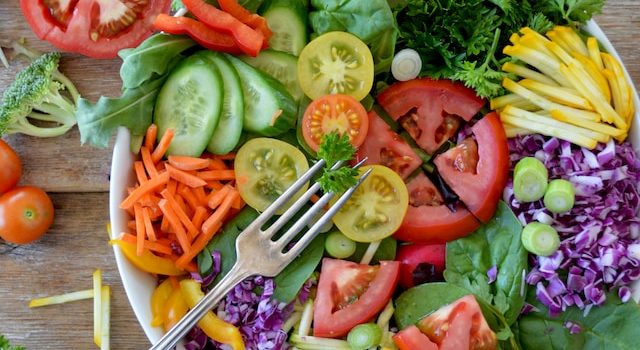
Salads have long been a staple in the British diet, providing a healthy option for those looking to maintain a balanced diet. However, recent reports indicate that the UK is facing a prolonged shortage of salad supplies, leaving retailers and consumers concerned.
The issue is believed to have arisen due to a combination of factors, including extreme weather conditions and Brexit-related supply chain disruptions. The summer heatwave of 2021, combined with heavy rainfall and flooding in some areas, has led to a shortage of locally grown produce. At the same time, import delays and transportation issues due to new border controls have resulted in a reduction in the availability of imported goods.
As a result, major retailers such as Tesco, Sainsbury’s, and Morrisons have issued warnings of limited salad supplies in the coming weeks. Some retailers have even resorted to rationing their salad offerings, with customers only allowed to purchase a certain number of items per visit.
The shortage has left many consumers frustrated and concerned about the impact on their health. Salads are a vital source of essential nutrients and minerals, and their absence from the diet could have significant health consequences. For those with dietary restrictions or preferences, such as vegetarians or those following a low-carb diet, the shortage could be particularly challenging.
The situation has also raised questions about the sustainability of the UK’s food supply chain. The reliance on imported goods and the vulnerability of local agriculture to extreme weather conditions highlight the need for a more resilient and sustainable food system. This could involve a greater emphasis on locally grown produce, the adoption of more sustainable farming practices, and the development of alternative food sources.
In the short term, retailers and consumers are being urged to be patient and flexible as the industry works to address the issue. Some retailers have already taken steps to address the shortage by sourcing produce from alternative suppliers or diversifying their product offerings. For consumers, this may mean considering alternative meal options or seeking out local producers and markets.
The shortage of salad supplies is just one example of the challenges facing the UK’s food industry in the wake of Brexit and ongoing climate change. As the world continues to grapple with these issues, it is becoming increasingly clear that a sustainable and resilient food system is essential for the health and well-being of both people and the planet.










